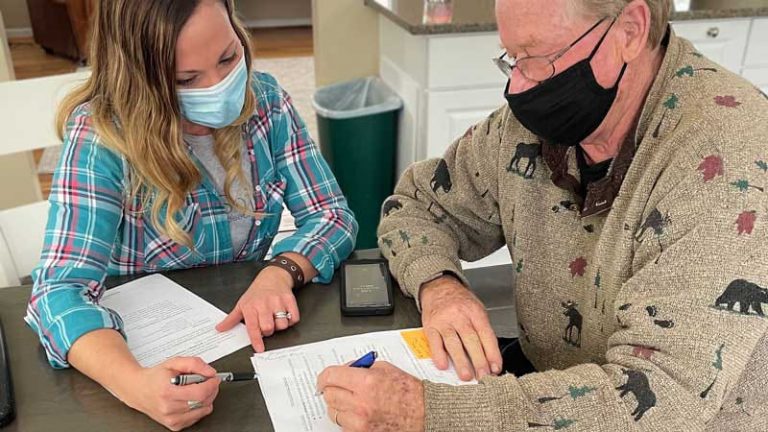Our Services
As Speech-Language Pathologists (SLP), we work to prevent, assess, diagnose, and treat conditions that impact functional daily activities and independence.
Traditional Speech Therapy
Speech-language pathology services may include comprehensive diagnostic evaluations, consultations, training, education, counseling, and treatment for communication or feeding / swallowing disorders.

Following an evaluation, an individualized plan of care will be developed including any recommendations for therapy, referrals, prevention and wellness tips, screening, counseling, and team member collaboration.
Corporate Speech Therapy
We offer accent modification services, an elective service for those who want to modify their speech patterns to improve comprehension in communication.

Sessions Target:
Accentedness
the perceived degree of an accent by a listener
Comprehensibility
the ease with which a listener understands the message based on level of effort or processing time
Intelligibility
the extent to which a listener understands the message
Speech-Language Pathology Service Delivery Areas
Fluency
- Stuttering
- Cluttering
Cognition
- Attention
- Memory
- Problem solving
- Executive functioning
- Dementia Management
Speech Production
- Motor planning and execution
- Articulation
- Phonological
Voice
- Phonation quality
- Pitch
- Loudness
- Alaryngeal voice
Resonance
- Hypernasality
- Hyponasality
- Cul-de-sac resonance
- Forward focus
Feeding and Swallowing
- Oral phase
- Pharyngeal phase
- Esophageal phase
- Atypical eating (e.g., food selectivity/refusal, negative physiologic response)
Spoken and Written Language
- Listening
- Processing
- Phonology
- Morphology
- Syntax
- Semantics
- Pragmatics (language use and social aspects of communication)
- Prelinguistic communication (e.g., joint attention, intentionality, communicative signaling)
- Paralinguistic communication (e.g., gestures, signs, body language)
- Literacy (reading, writing, spelling)
Auditory Habilitation/Rehabilitation
- Speech, language, communication, and listening skills impacted by hearing loss, deafness
- Auditory processing
Elective Services
- Transgender communication (e.g., voice, verbal and nonverbal communication)
- Preventive vocal hygiene
- Business communication
- Accent/dialect modification
- Professional voice use
This list of services / elective services is not comprehensive.
Potential Causes of Communication and Swallowing Disorders
- Neonatal problems (e.g., prematurity, low birth weight, substance exposure)
- Developmental disabilities (e.g., specific language impairment, autism spectrum disorder, dyslexia, learning disabilities, attention-deficit disorder, intellectual disabilities, unspecified neurodevelopmental disorders)
- Disorders of aerodigestive tract function (e.g., irritable larynx, chronic cough, abnormal respiratory patterns or airway protection, paradoxical vocal fold motion, tracheostomy)
- Oral anomalies (e.g., cleft lip/palate, dental malocclusion, macroglossia, oral motor dysfunction)
- Respiratory patterns and compromise (e.g., bronchopulmonary dysplasia, chronic obstructive pulmonary disease)
- Pharyngeal anomalies (e.g., upper airway obstruction, velopharyngeal insufficiency/incompetence)
- Laryngeal anomalies (e.g., vocal fold pathology, tracheal stenosis)
- Neurological disease/dysfunction (e.g., traumatic brain injury, cerebral palsy, cerebrovascular accident, dementia, Parkinson's disease, and amyotrophic lateral sclerosis)
- Psychiatric disorder (e.g., psychosis, schizophrenia)
- Genetic disorders (e.g., Down syndrome, fragile X syndrome, Rett syndrome, velocardiofacial syndrome)
- Orofacial myofunctional disorders (e.g., habitual open-mouth posture/nasal breathing, orofacial habits, tethered oral tissues, chewing and chewing muscles, lips and tongue resting position)
This list of etiologies is not comprehensive.